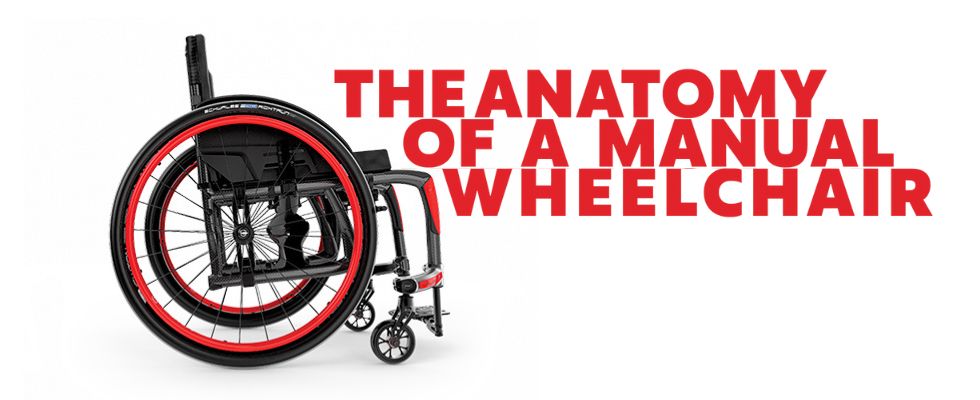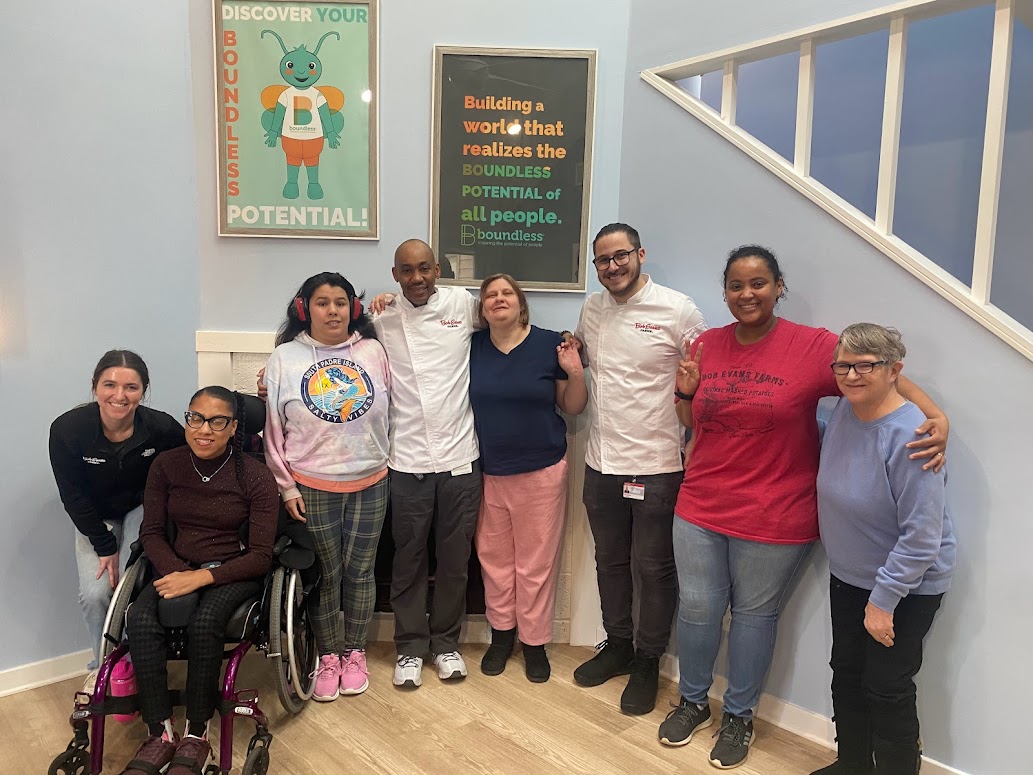Q&A with Dr. Marian Grant - "Why Serious Illness Messaging Matters" - ehospice
However, her career shift was not as odd as her marketing colleagues initially believed. Dr. Grant’s marketing acumen and understanding of consumer needs informs her advocacy for improved outreach to the public about palliative care. As our June National Grand Rounds speaker, Dr. Grant brings us her those insights in the St. Mary’s Hospital Lecture.

First, can you tell us a little bit about your talk?
My talk is going to be about how we can improve the outreach we do for palliative care. I’ll be focusing on how to talk to the general public, but I will talk a little bit about how other clinicians view palliative care and how we might position that in a way that they would find more attractive.
What do you find is the biggest challenge of dispelling myths about palliative care?
I’m going to speak initially from the US perspective, then from the Canadian perspective. In both countries, palliative care grew out of the hospice movement, so it’s linked to end-of-life care. While palliative care started to broaden its availability to earlier in the illness trajectory, the difficulty is that many people still think of it as end of life only.
I work as a nurse practitioner at a large academic medical centre in Baltimore and unfortunately, we’re often called late in a patient’s illness. Even though we are doing end of life care,we could have helped earlier on. Because of a lack of understanding, we’re not always called earlier. I think that that is probably thebiggest myth that both countries experience.
Now I’m going to talk though about what do we do about dispelling or debunking myths. There’s social science that says when we talk about the myth, we actually reinforce it. A lot of palliative care educators think, “OK, people think palliative care is hospice. I’m going to just say it’s not.” But the moment you align those two things together, people will think, “oh, they’re associated” and then they don’t remember the details. That’s how it reinforces the myth.
LF: What impact does good scientific communication have on palliative care?
MG: There is a long history of public health efforts using science. Typically, we think of science in medicine as pertaining to the interventions, the medications, the treatments. But we can also use science by applying evidence on how to communicate with people when we draft our messaging.
For example, some of the big anti-smoking campaigns and the HIV prevention campaigns were all done using evidence: testing with the various target audience until messages were really tight and then promoting them.
The challenge is that many palliative care clinicians understandably don’t know how to do that. They draft communication from their perspective, but they’re not the target audience. They already know what palliative care is and what it does. The public doesn’t, or they think it’s something else.
I’m going to present evidence for palliative care outreach.
One thing we should also be doing is testing our messaging before using it. I’m not talking about formal market testing, but showing it to a few people before we go for broad distribution. It’s a different kind of science that people in palliative care just aren’t as familiar with.
LF: Those are excellent points. Do you have anything to add that I haven’t mentioned?
MG: Because I started my career in marketing and brand management, I view the world through a marketing lens, which is: what is this person looking for and do I have something that could help? Then, when I got into nursing, I realized a lot of what we do as nurses is education.
It isn’t just giving somebody information—most of us are doing health education because we’re trying to help change behavior. In order to do that, you need to understand what would motivate a person to follow through. While learning all of that, I realized, “this is marketing. I can do this.” I think I was drawn to palliative care because I know how to listen to people and hear what it is they need.
When I’m not working as a consultant for marketing for palliative care and when I’m not working clinically, I’m working with national organizations in the United States to promote palliative care from a policy standpoint. Advocacy is where my experience with patient education, marketing, and health policy comes together.
Dr. Grant’s lecture will take place on June 18, 2025, from noon to 1 PM. It will be held in-person at St. Mary’s Hospital Centre or on Zoom through the National Grand Rounds registration link.
———————-
This interview first appeared on the McGill website and is republished here with permission.










